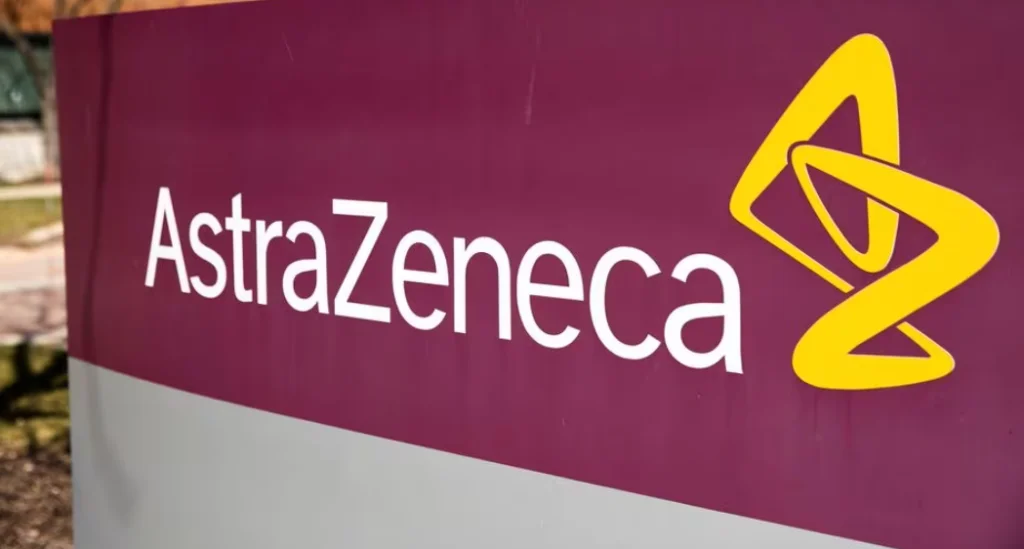AstraZeneca, the pharmaceutical company that developed one of the COVID-19 vaccines, will collaborate with Absci, an artificial intelligence (AI) biologics company based in the United States, to develop a cancer antibody.

The Financial Times reported on December 3 that AstraZeneca intends to allocate a maximum of $247 million towards research and development, milestone payments, and an upfront fee in relation to Absci.
The goal of the collaboration is to develop a zero-shot generative AI model that will aid in developing new antibody therapeutics for cancer and enhancing existing ones. The report failed to provide a specific identification of the cancer type or types implicated.
According to Absci’s website, its artificial intelligence examines “billions of cells” weekly and transforms antibodies into wet “lab-validated candidates” within six weeks. Currently, seventeen active initiatives involve the organization. As stated by Puja Sapra, senior vice president of AstraZeneca:
“AI is enabling us to not only increase the success and speed of our biologics discovery process, but also enhance the diversity of the biologics we discover.”
According to a report by Reuters, Absci CEO Sean McClain had also publicly affirmed the partnership, stating that AstraZeneca would assist in capitalizing on Absci’s AI efforts.
The healthcare sector is witnessing a surge in the adoption of AI due to its potential to greatly enhance the speed of groundbreaking research and the precision of data analysis.
In November, the Hospital Authority of Hong Kong announced the initiation of an AI pilot program to combat superbugs and multidrug-resistant organisms.
By analyzing clinical data, the AI will ascertain whether or not it is necessary to prescribe antibiotics, the excessive use of which has contributed to the proliferation of superbugs that are resistant to treatment on the island.
